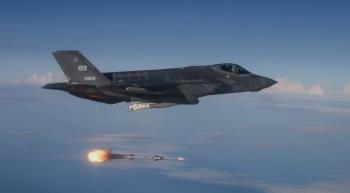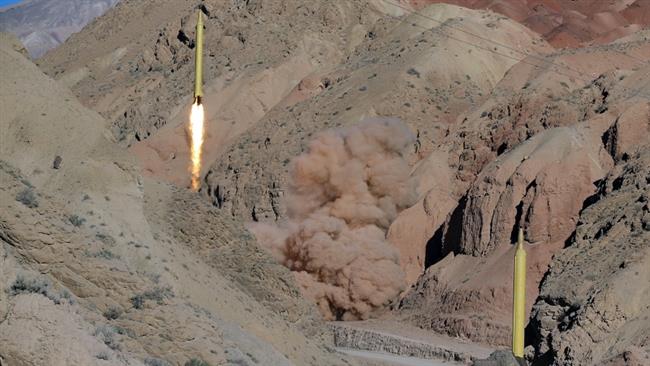Alwaght-Iranian military commanders have continued to blast US Secretary of State John Kerry for suggesting that Washington was open to a “new arrangement” with Tehran for peacefully resolving disputes such as its recent ballistic missile tests.
In reaction to Kerry’s remarks, Iranian Defense Minister Brigadier General Hossein Dehqan said “The recent remarks by their secretary of state show the US inability and frustration in the face of the Islamic Republic of Iran’s defense capabilities.”
“If they [the US officials] really intend to create stability in the region, they should leave the region and stop supporting terrorists,” Iranian Defense Minister Brigadier General Hossein Dehqan told reporters on Saturday.
Washington has no choice but to stop interfering in the internal affairs of other countries and put an end to their presence in other regions if it seeks welfare, stability and peace in the world, he added.
“If John Kerry thinks about these issues for a few minutes, he would no longer utter such nonsense and foolish words," the Iranian defense minister pointed out.
Elsewhere in his remarks, Dehqan said the US is no longer capable of supporting its allies.
"They (Americans) are trying to make regional countries dependent on them through the sale of weapons and spreading this notion that these countries’ survival depends on implementing the US policies,” he said.
Elsewhere a top Iranian commander has rejected US Secretary of State John Kerry’s call for missile negotiations with Tehran, saying Washington is not in a position to make comments about the Islamic Republic’s missile capabilities.
It is outside the purview of US officials to talk about Iran’s defense requirements, Brigadier General Hossein Salami, deputy commander of the Islamic Revolution Guards Corps (IRGC), told reporters on Saturday. "Our missile capabilities will never be up for negotiations or compromise," Salami said.
He added that Iran’s missile industry supports the nation's dignity, survival and glory, emphasizing that the Islamic Republic will proceed with boosting its missile might.
The IRGC successfully test-fired two ballistic missiles on March 9 as part of military drills to assess its capabilities. The missiles dubbed Qadr-H and Qadr-F were fired during large-scale drills, code-named Eqtedar-e-Velayat.
On March 8, Iran fired another ballistic missile called Qiam from silo-based launchers in different locations across the country.
The US claims that Iran's missile tests violate the UN Security Council Resolution 2231 that endorsed a nuclear agreement, known as the Joint Comprehensive Plan of Action (JCPOA), which was reached between Iran and the P5+1 group of countries – the five permanent members of the UN Security Council plus Germany – on July 14, 2015.



























